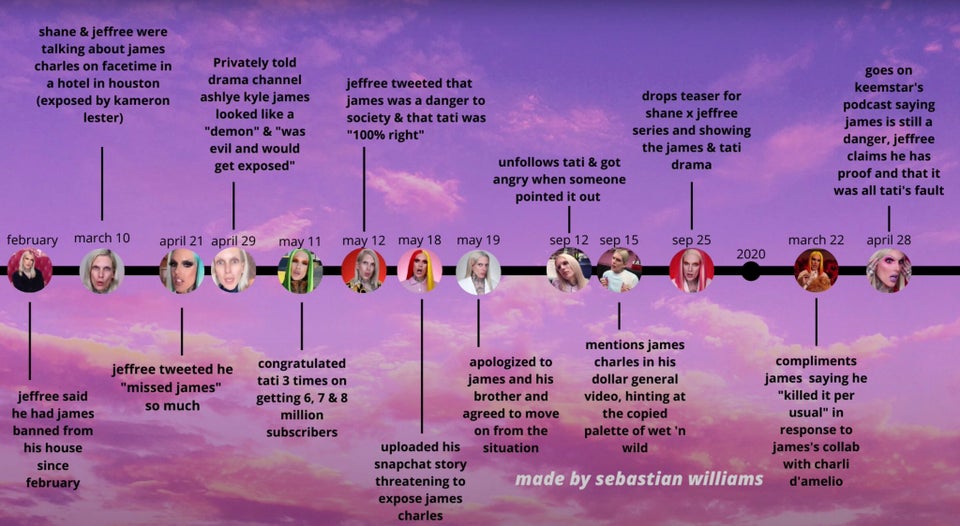
For as long as there have been Internet communities, there has been drama within them; and as long as there has been Internet drama, there have been people who leap onto it to procure fame and influence for themselves. In communities based on a shared love of specific movies, shows, and book series, you’ll find wars over shipping characters (if you don’t know what “shipping” means, congratulations), gatekeepers who insist you must have a certain amount of knowledge and have the right opinions in order to be part of the fandom, and people who only seem to have negative opinions of the thing they’re supposedly in the fandom for and refusing to let anyone else enjoy it, among many, many other sources of drama.
That being said, what happens with communities centered around not around fictional stories and people, but instead around real people – or, at least, carefully curated personas of real people? What happens when they get into drama?
On YouTube, the answer is clear: the people who commentate on the drama form their own communities, based all around reporting on scandals and uncovering lies.
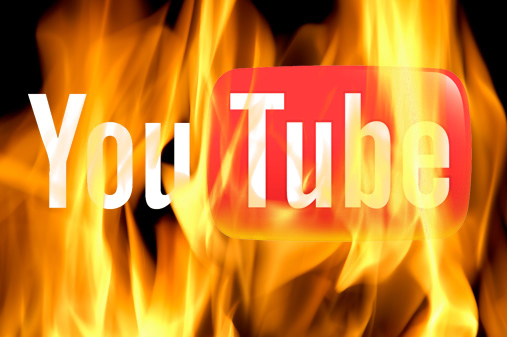
To people hearing about this for the first time, the concept may seem ludicrous. Why would someone want to join an environment founded on and sustained by tearing down others? There are a few potential answers. For one, while some videos in this genre have only the commentary for their substance, presented in a talking head or slideshow-like format, sections of the drama community have heavy overlap with the art community and the makeup community on YouTube, so tuning in to some drama videos can also mean watching the presenter create a digital art piece or trying out a makeup look.
Less kindly, and likely more significantly, there are contributing factors such as:
- Morbid curiosity
- Being reassured of your moral superiority over those involved in the drama (“I can’t believe how ignorant and heartless these people are! I can’t imagine ever being so casually cruel.”)
- A kind of sadistic enjoyment gained from tearing down others, especially people with a lot more social capital than you
- Participating in delivering retribution gives the sense that you’re helping further a just cause (because getting a racist celebrity to take a few
monthsweeks off the platform is equally impactful praxis to protesting and donating… right?)
While I could break down these inclinations, I instead want to talk about the negative impacts of these drama channels. Here’s the tea: communities based on drama are inherently unstable, and will produce more harm than good as long as the focus is on bad individuals instead of the larger systems that allow them to profit.
I: The Black Hole of Discourse
Being a drama commentary YouTuber is a dangerous balancing act. If you’re acting in good faith, then you want to present all the facts straightforwardly and honestly… but if YouTube is your job, then you might get more views, and thus more profit, from crafting a less objective narrative out of those facts. Perhaps an influencer will even give you a direct boost if you handle the drama around them the way they’d prefer! Similarly, you might be compelled to jump onto more outlandish stories that do not yet have a reasonable amount of evidence for them. You don’t want to wait to cover it and then be called a copycat, do you?
And that’s a whole other thing – in such a crowded market, you need to stand out, and put in a lot of visible effort to prove you’re not just riding a popular trend. So maybe you try to do investigation of your own, try reaching out to some of the creators involved in the current drama or call them out on your social media, and before you realize it-
Congratulations, you’ve crossed the event horizon and become part of the discourse.
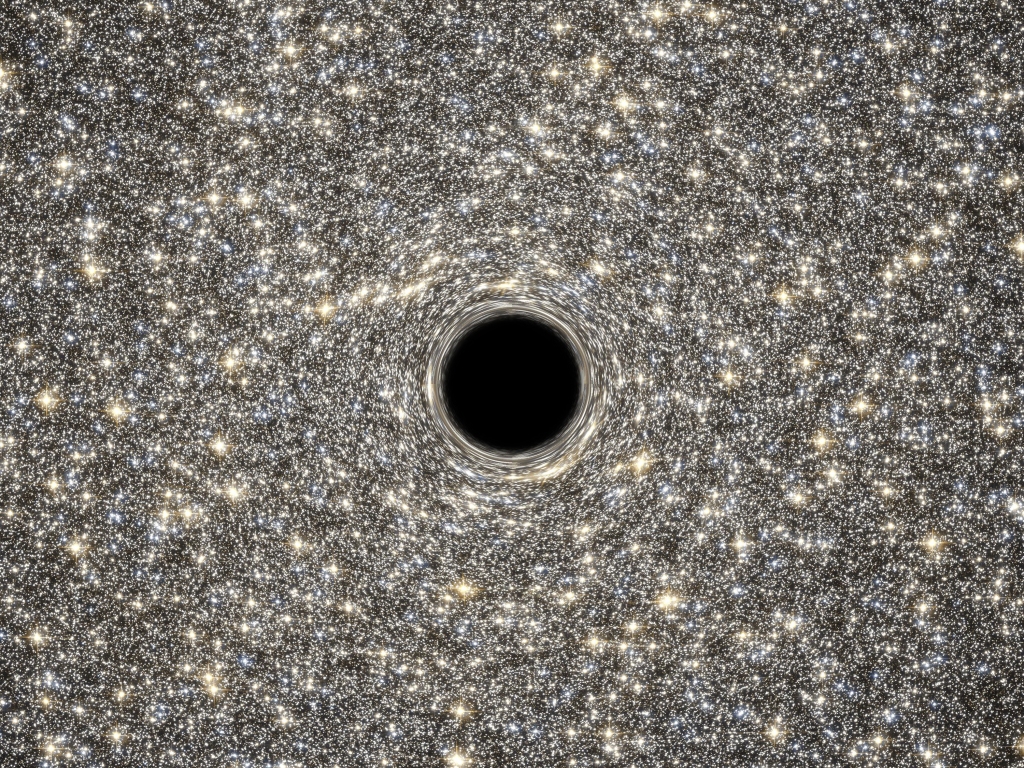
It can be very easy for drama commentary creators to get entangled in the drama they’re covering, especially if they are also part of the community they’re commentating on. For an example, there’s the art and commentary channel Creepshow Art, who has made videos criticizing infamous YouTubers such as Onision. In late 2020, she started what became a months-long feud between herself and another art channel, Hopeless Peaches, which during its course up roped in nearly a dozen other creators.
Then there’s the drama reporting channel Spill, hosted by an anonymous woman who provides voiceover for an animated avatar. To keep it brief, the channel came under fire for claims of being inauthentic, potentially the product of a corporation trying to get in on the commentary market, and the creator’s attempts to dissuade this did not go according to plan.
Both Creepshow Art and Spill are still making videos that perform well, reflective of the larger YouTube reality that channels with a strong footing and a large enough contingent of loyal fans can withstand a barrage of drama videos, up to a point. Still, the controversies cost them many fans and left a dark stain on their records.
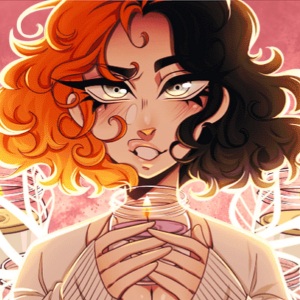

And what about the mental toll of being the target of an Internet hate mob for days, weeks, even months at a time? The stress of knowing that every fall, even if you survive it this time, leaves you less likely to recover from the next?
Whether it be a failure to live up to the Internet’s standards of authenticity and goodness, or a deliberate stoking of the flames, drama channels’ very livelihood puts them at risk of losing it all. And the Internet never forgets.
…Well, that’s what they say. But…
II: Turncoats and their Mercenaries
Influential YouTubers recognize people’s appetite for drama, and those who regard themselves as too big to fail, or who are truly desperate for the attention, will cook up what they can to satiate it. This means they are constantly getting themselves in involved in new and recycled controversies, trying to portray themselves as the saints – or, if they’re most honest about it, antiheroes – dragging the next criminal to the gallows to be judged by their very smart, very good followers.
Somehow, this keeps working. “Fans” will switch sides depending on who is currently under the negative spotlight, giving excessive credit to the person who called out the current villain, despite the bad things this self-proclaimed messiah did in their past and has yet to adequately make up for (because who among these privileged rich influencers ever does?).
A prime example of this is the discourse that’s, at the time of writing this, currently taken the drama community by storm: The James Charles situation. To summarize, back in May of 2019, rising beauty YouTuber James Charles was accused by other major YouTubers (and rivals of his in the makeup industry, funny that) such as Tati Westbrook and Jeffree Star of, among other things, being sexually manipulative and abusing his fame for sexual ends. Charles made a response video which most viewers at the time took to definitively debunk the allegations, and Westbrook publicly took back her allegations a year later, claiming Star manipulated her into going after Charles initially.
Star, for his part, stated in April of 2020 that he was in possession of a phone recording of an alleged victim of Charles’s sexual abuse, but refused to release the recording because he didn’t want to out the victim. His public stance on Charles and Westbrook as people had flipped-flopped wildly leading up to that point, as shown on this timeline made by drama YouTuber Sebastian Williams:
If you can’t make sense of it, that’s because it doesn’t make sense. The only conclusion one can draw from it is that Star’s motivations are purely attention driven; either he’s willing to be friends with terrible people for clout, or he’s willing to throw friends’ reputations under the bus for clout. And any pushback he received only gave him more of that clout.
Where does that leave Charles? Well, since February of this year, a stream of statements from minors have been coming out, saying that the 21 year old Charles flirted with them, and in some cases even pressured them to exchange sexual photos with him, through apps such as Snapchat. Unlike the older allegations of sexual misconduct from Westbrook, Charles’s response has not gone down well.
The problem with this is not necessarily that people didn’t believe the initial accusations against Charles and are only turning on him now; rather, it’s that some people are lauding creators like Westbrook, saying that she was right all along. But as this excellent video by Big Joel analyzing Westbrook’s original video concludes, Westbrook’s specific accusations, the most severe of which was Charles having essentially forced his gayness onto a waiter while she was at a restaurant with him, were always flimsy, and her intentions were never noble. Her releasing the video was a petty act of revenge against Charles for promoting a beauty product in competition with hers.
Even knowing now what we do about Charles, taking a stand against him does not require conceding to Westbrook. Doing so allows influencers like her to continue causing drama, then shrugging off responsibility for its outcomes; and it makes the justice the fans claim to be seeking out to be hypocritical at best and a damaging lie at worst.
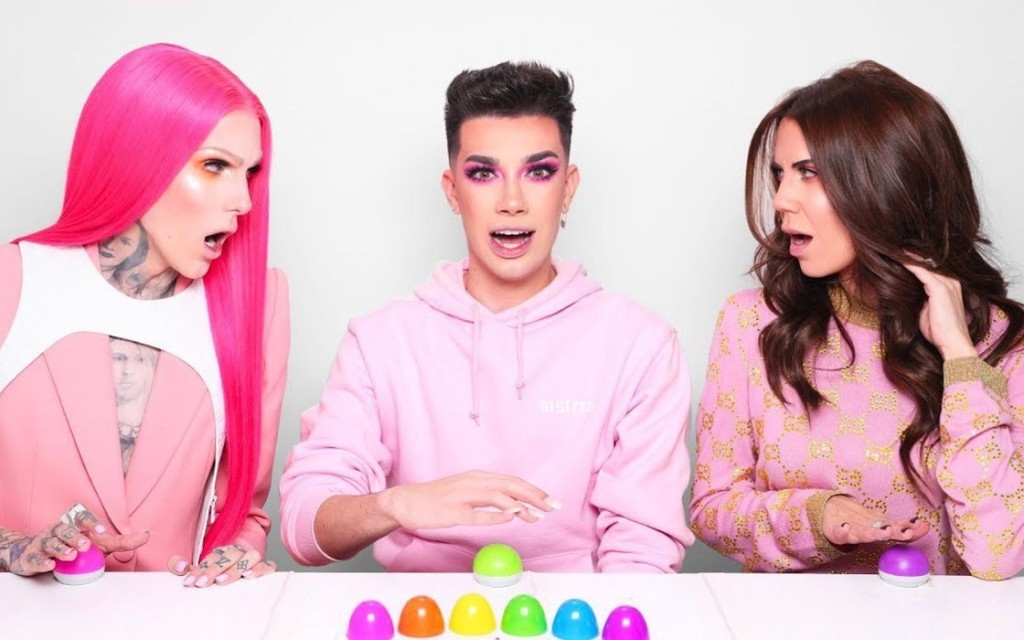
…I think after that, it’s fair to also criticize drama communities for being exhausting to even be on the periphery of. Imagine being in the thick of it; having to keep up with where everyone stands so that you won’t have the wrong opinion. Between that, and how easily creators get dragged into drama, and how quickly and often fans jump teams, how likely are the friendships forged in the fire of those controversies to last? How can you build a stable community on such a shaky foundation?
III: Ripping Open Old Wounds
There is one more major way in which drama communities perpetuate damaging cycles, and it also ties back to influencers fishing for drama. Some of the scandals that get dragged back into the limelight are interpersonal squabbles, or failing to fulfill a promise to fans. But other times, what gets thrown onto people’s timelines are examples of racism, homophobia, transphobia, or other bigotry. And it’s never just white cishet fans of those problematic creators who see those posts.
In other words, drama-seeking creators and followers will deliberately seek out and weaponize old bigotry for their petty clout wars. In the process, they are re-inflicting and exploiting the pain of marginalized groups.
It would be one thing if the further awareness this brought led to actual positive change. But as is clear from the cyclical nature of these discourses, it rarely does. Especially once the drama balloons enough to reach, and thus potentially harm, members of those marginalized groups who otherwise wouldn’t even know that the creator at the center of it exists.
For more on this topic, I highly recommend this video by the commentary channel As Told By Kenya.
On to Greener Pastures
Not every drama/commentary channel is equally prone to playing into these trends and patterns; there are a fair number of them that I myself am subscribed to. I do have some morbid curiosity about those corners of the Internet, and I enjoy hearing about them from a level-headed, inquisitive perspective.
However, I think there is a difference between enjoying drama content from a detached distance, and trying to find community and enact genuine justice from in the mud-filled trenches. There is, at least in my estimation, little to gain from the latter – at least, little that won’t eventually get drowned out or ripped away in the seasonal discourse storms.
Instead of continuing to cover the mishaps of creators who seem to keep stumbling into drama, you could find others who deserve more attention for their work.* And in the long term? Perhaps we could try to change the culture and systems that allowed those callous creators to rise to and maintain such positions of popularity and power in the first place.
*Allow me to put my money where my mouth is and share a playlist of videos from some of my favorite YouTube commentary and video essay channels. I add new videos regularly!
